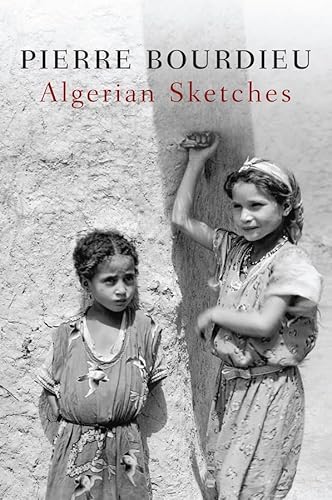About The Book
In the late 1950s, like tens of thousands of young men of hisgeneration, Pierre Bourdieu, having recently passed theagrégation in philosophy, found...
Read more
himself immersed in theAlgerian war. Motivated by an impulse that, as he himself says,‘was civic rather than political’, nothing seemed moreimportant to him than to understand the Algerian situation andprovide the elements that would enable others to come to aninformed judgement about it. In extremely tough conditions and along with a small group ofstudents, Bourdieu undertook a series of studies across an Algeriathat was tightly patrolled by the army, leading him to discover theshocking reality of the resettlement camps and to analyse themechanisms of destruction of Algerian society of which they wereemblematic. To achieve the objectives he had set himself, Bourdieuhad to carry out a genuine intellectual conversion, acquiring anethnographic understanding of Algerian society, learningsociological analysis at a breakneck pace and inventing newinstruments - both theoretical and empirical - that would enablehim to understand the relations of domination specific tocolonialism. These new tools also enabled him to analyse the natureof the crisis that the war had both produced and manifested. This unique volume brings together the first texts written byBourdieu in the midst of the Algerian conflict, as well as laterwritings and interviews in which he returns to the topic of Algeriaand the decisive role it played in the development of his work.
Hide more

